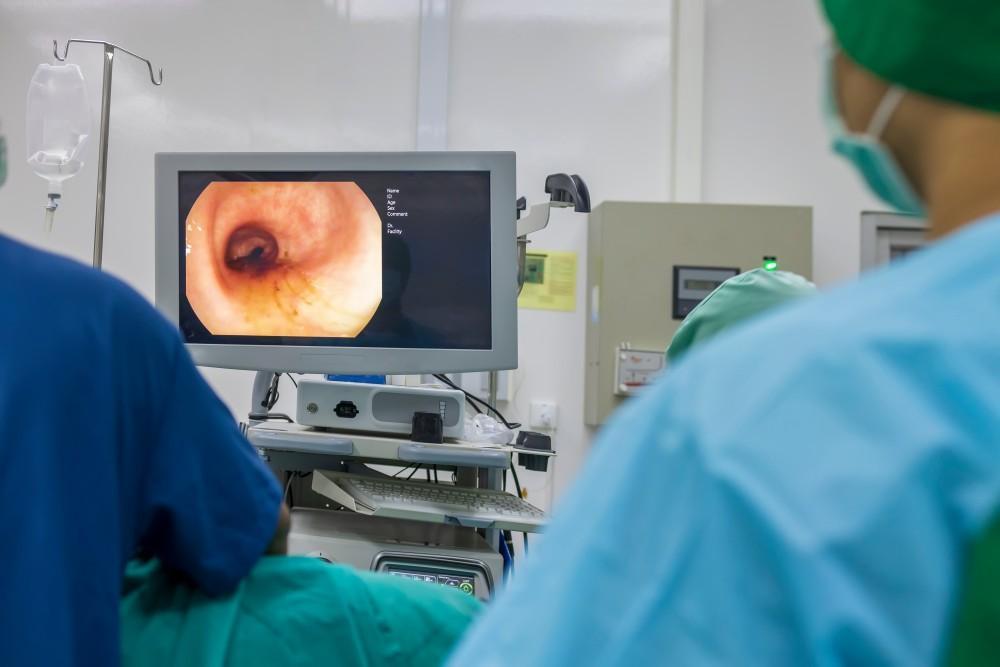
Early Warning Signs of Rectal Cancer

Your rectum is the last part of your colon (i.e., large intestine), which ends in your anus. Just a few inches long, your rectum stores your feces until you’re ready to defecate. Although it’s part of, and continuous with, your colon, your rectum has its own distinct appearance and functions.
Colorectal cancer is the cancer that appears anywhere along your colon, including your rectum. However, you can also develop cancer in the rectum alone, a condition known as rectal cancer.
Treating rectal cancer may be more complex than treating colorectal cancer because of the constricted space, as well as the presence of other nearby organs. That’s why prevention and early detection are even more important.
The expert team at Colon and Rectal Surgeons of Greater Hartford encourages you to learn the early warning signs of rectal cancer so you can be evaluated and treated as soon as possible. They screen for, diagnose, and treat rectal and colorectal cancers at their offices in Bloomfield, South Windsor, and Plainville, Connecticut.
We’ve created this list of early warning signs of rectal cancer so you can be aware of changes that require evaluation. We also encourage you to get regular colorectal screenings to facilitate early detection.
Your stool consistency or shape has changed
Normal stool should be well-shaped, sausage-like, and have a soft consistency. When you develop rectal cancer or another rectal condition, it can create abnormal stools, such as:
- Diarrhea
- Constipation
- Narrow stools
While occasional diarrhea or constipation may be caused by food sensitivities, you should never ignore chronic diarrhea or constipation. Narrow stool could be a sign of tumors that constrict your rectum, or it may be related to an inflammatory bowel disease, such as Crohn’s disease.
You see blood or mucus in your stool
Blood in your stool could be a sign of rectal cancer, colorectal cancer, or another serious colorectal condition. Contact your colorectal expert right away.
Mucus on your stool is a sign that your rectal tissues are irritated. The irritation could be caused by an infection, inflammation, cancer, or another condition.
You have pelvic pain
Rectal cancer often has no symptoms. However, pain in your pelvic area could be a sign that you have rectal cancer.
Women who are still menstruating may mistake pelvic pain for the pain associated with premenstrual syndrome (PMS). However, if your pain persists after your period, it could be a sign of rectal cancer.
You’ve lost weight or feel fatigued
Fighting rectal cancer takes energy. One of the hallmarks of cancer is unexplained weight loss, as your body diverts calories to fighting the disease instead of nourishing your muscles and other tissues.
You may also feel too tired to get through your normal routine, or you may take frequent naps during the day. Your immune system uses energy to try to kill cancer cells, leaving you feeling depleted.
Cancer develops in stages. The early stages of rectal cancer are easier to treat and respond better to surgery and chemotherapy than the later stages, so don’t ignore the symptoms.
Contact the colorectal specialists at Colon and Rectal Surgeons of Greater Hartford today by calling the office nearest you, or by using the online form. We treat rectal cancer with minimally invasive surgery whenever possible. If you’re symptom-free, you can also contact us to schedule a colorectal cancer screening.
You Might Also Enjoy...


How a Colonoscopy Can Save Your Life

4 Signs You May Have Pilonidal Disease

Start the New Year Fresh with a Colonoscopy

5 Tips for Managing Your Crohn's Disease During the Holidays


